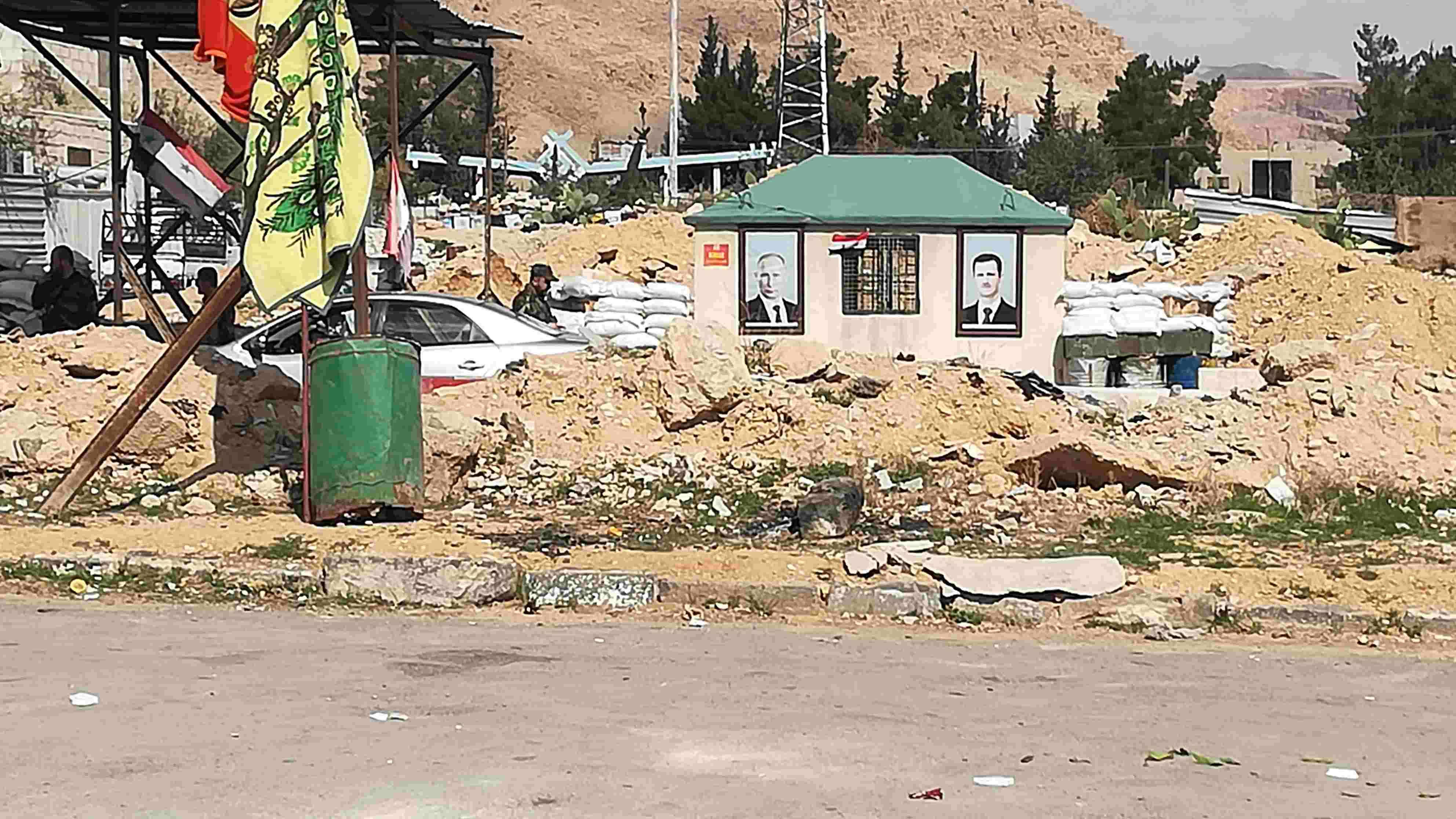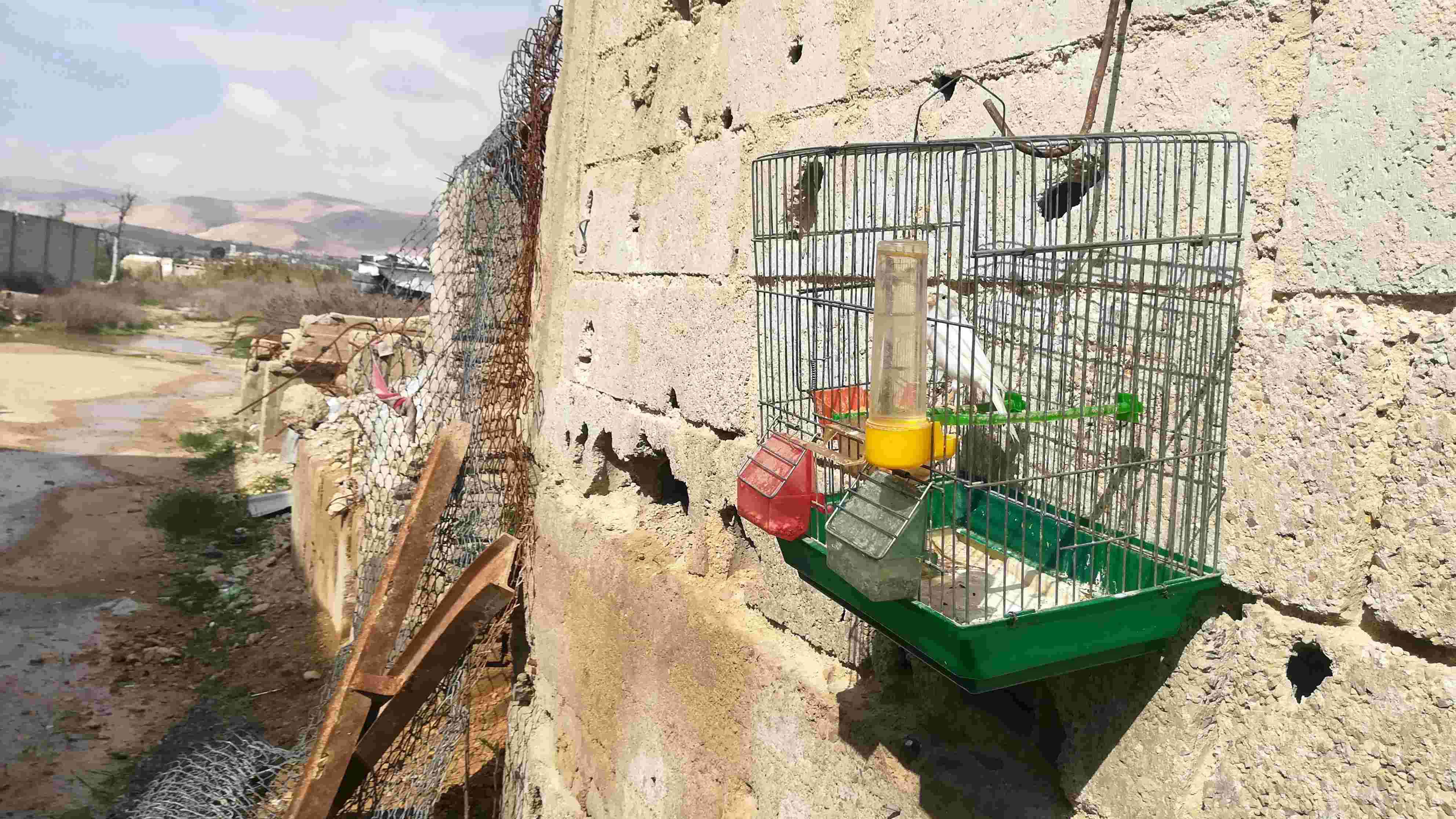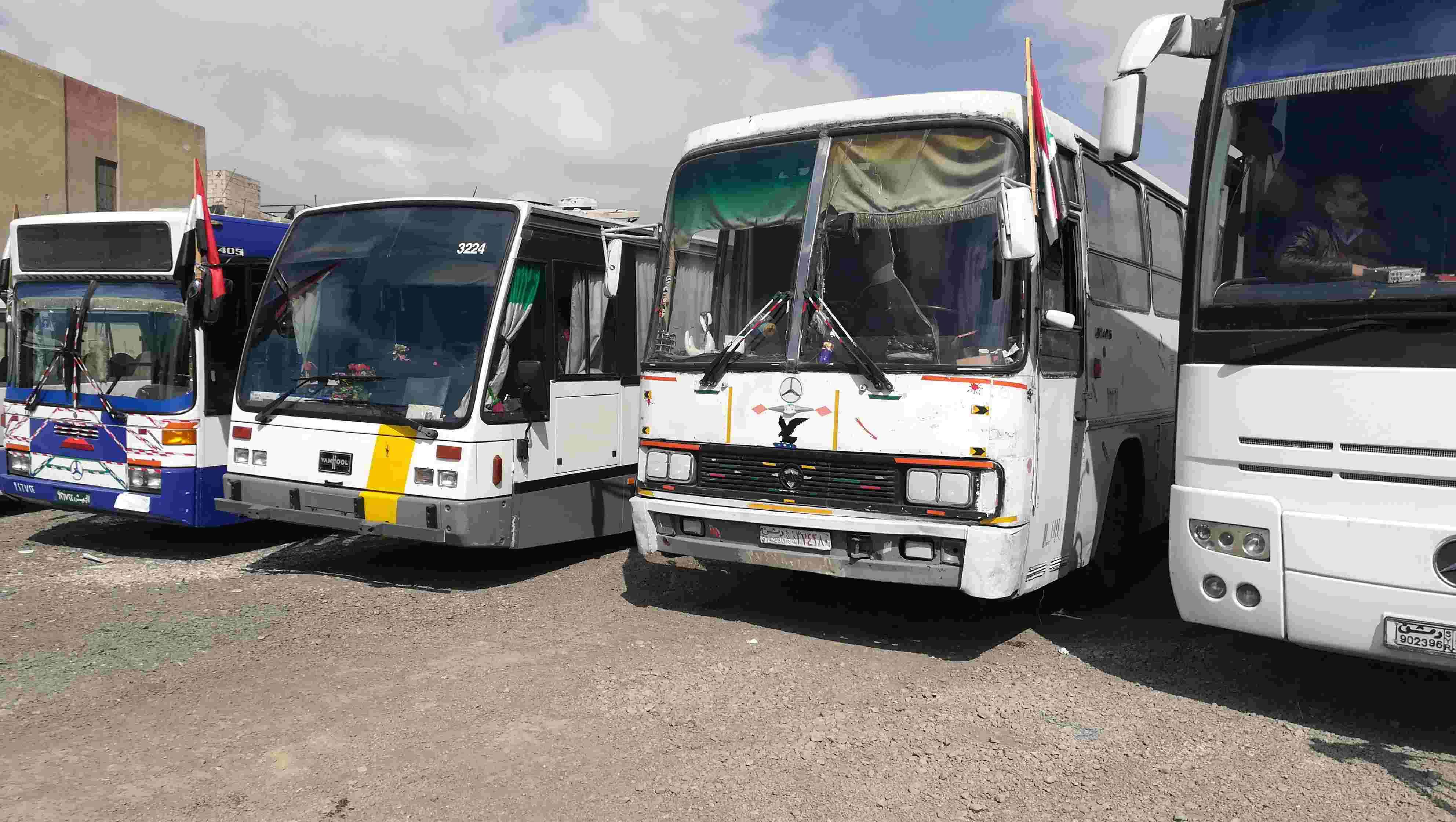
Politics
20:22, 28-Feb-2018
What's happening in Ghouta after UN's ceasefire resolution?
By Alaa Ebrahim

The situation in eastern Ghouta has for days now captured the attention of the world. Some 400,000 people are trapped inside 100 square kilometers of land that has become the battleground for one of the most decisive and vicious fights during the Syrian war.
Ghouta is one of the closest rebel-held areas to Damascus. This proximity allowed rebels to carry out several deadly attacks on the Syrian capital, which was often the target of showers of rockets and mortars that on several occasions turned it into a ghost town.
But since Sunday, Damascus seems determined to get rid of any rebel presence in Ghouta. Repeated government attacks since the rebels took over in 2012 achieved little gains, but it seems things are shifting: relentless air strikes and artillery attacks have left over 500 dead and 1,500 wounded according to UN figures.

Along the frontlines in Ghouta, the fear of chemical attacks is very real and Syrian soldiers keep these birds at their posts. They say birds can detect the smell of toxic agents faster and warn soldiers. /CGTN Photo
Along the frontlines in Ghouta, the fear of chemical attacks is very real and Syrian soldiers keep these birds at their posts. They say birds can detect the smell of toxic agents faster and warn soldiers. /CGTN Photo
On Tuesday, the government began implementing a daily five-hour humanitarian pause called by Russia. It came after the UN Security Council voted unanimously on Saturday on a comprehensive ceasefire in the country.
However, rebels say the shelling didn't stop and that a government ground offensive is still ongoing.
Bassam Abu Abdallad, a university professor in Damascus, said the situation now is “a repetition of Aleppo's scenario”. He is referring to the events in December 2016 when a government military campaign went hand in hand with the opening of several corridors to evacuate civilians. This allowed Damascus to eventually fully gain control of eastern Aleppo, scoring one of the major victories in the eight-year-old conflict.
Abu Abdallah said that the rebels' proposal to agree to the full evacuation of militants of Al-Qaeda's affiliate, the Nusra Front, in the country is only a tactic to buy time, as the radical militants are the most effective fighters the rebels have.

Buses await at a crossing north of Damascus where civilians are supposed to leave eastern Ghouta. /CGTN Photo
Buses await at a crossing north of Damascus where civilians are supposed to leave eastern Ghouta. /CGTN Photo
Salem Mohamad, an opposition activist inside Ghouta, said the ongoing bombing campaign is part of the government's "siege and bomb till submission" tactic, adding that the UNSC resolution doesn’t say anything about forcing civilians out.
Moahamad said that many of the Ghouta residents are concerned about possible persecution by authorities when they leave as most of them sided with the opposition against President Bashar al-Assad.
On the other hand, veteran journalist Kamel Saqer expressed belief that the rebels have limited choices, even if they said they are working to force the Nusra militants out of Ghouta, they won’t be able to deliver their promise.
Previous deals failed because no regional or local power was able to either separate radical rebels from the moderate ones or force the Nusra Front to commit to any agreement.
6932km

SITEMAP
Copyright © 2018 CGTN. Beijing ICP prepared NO.16065310-3
Copyright © 2018 CGTN. Beijing ICP prepared NO.16065310-3